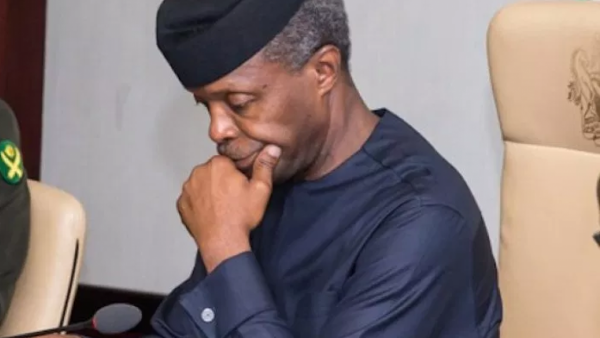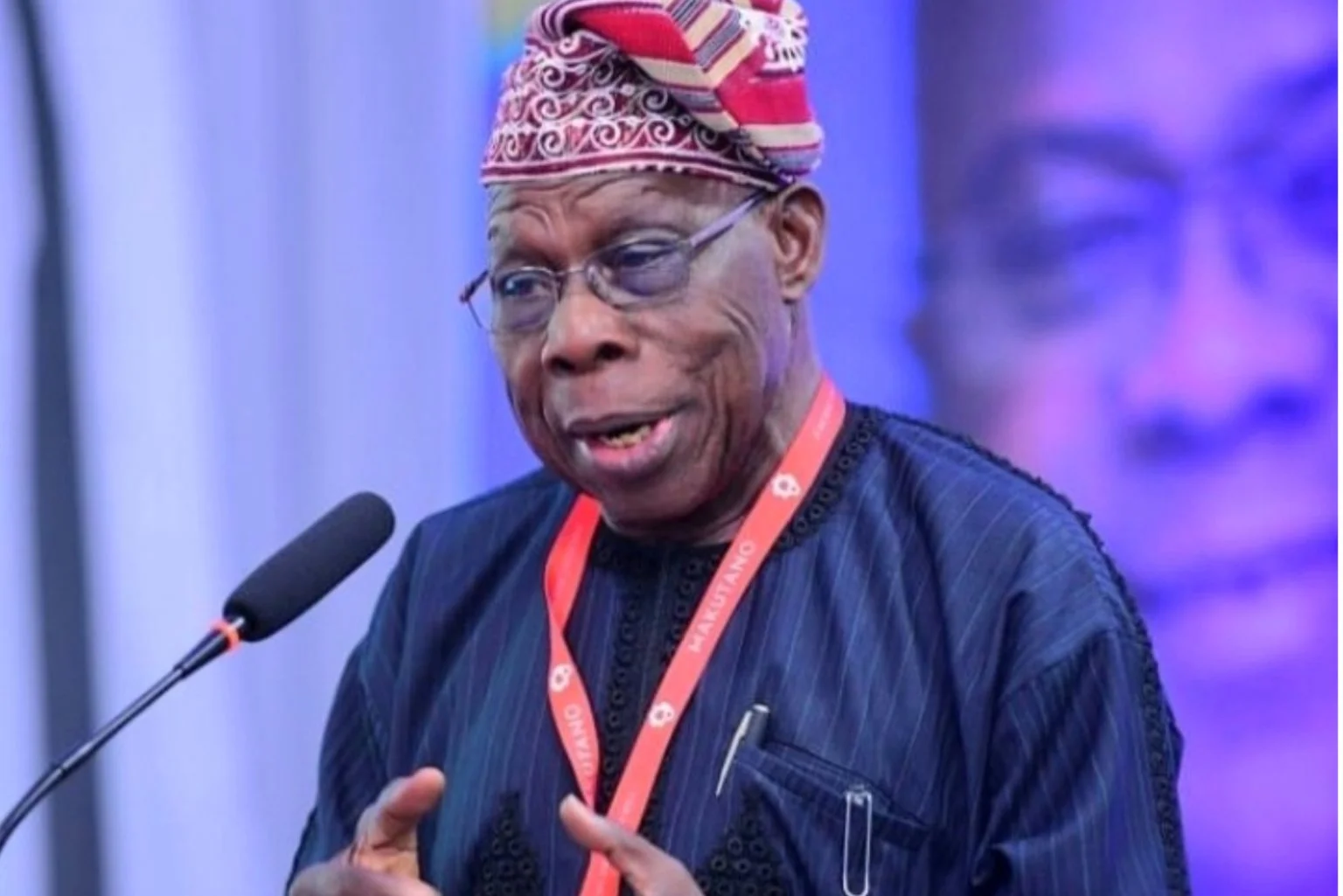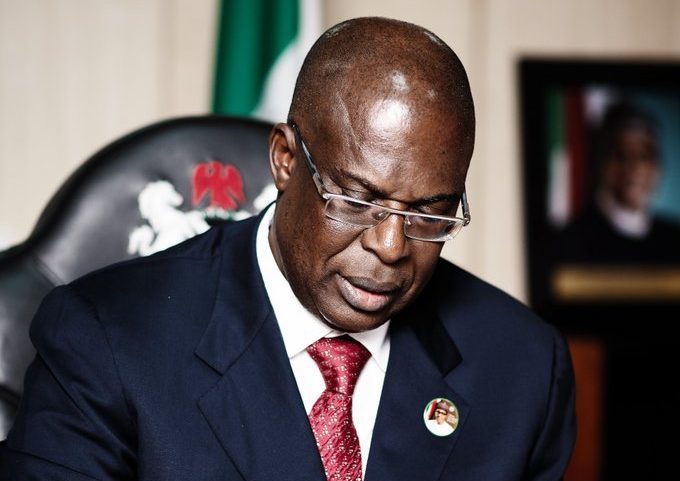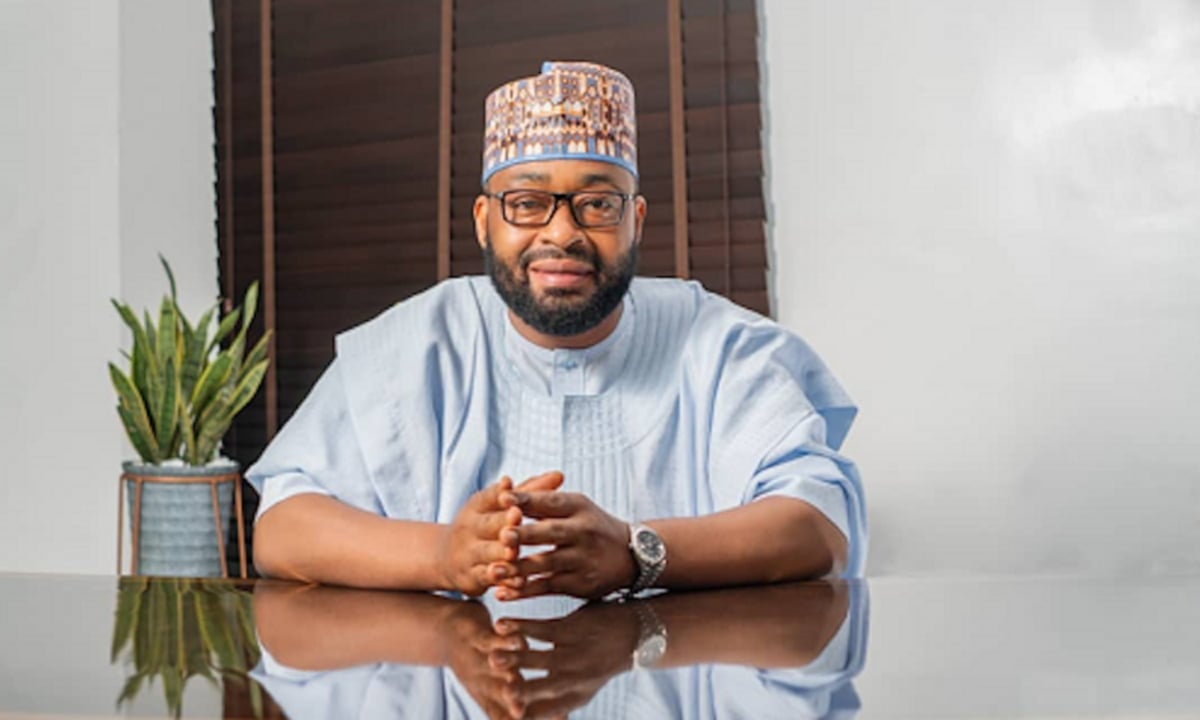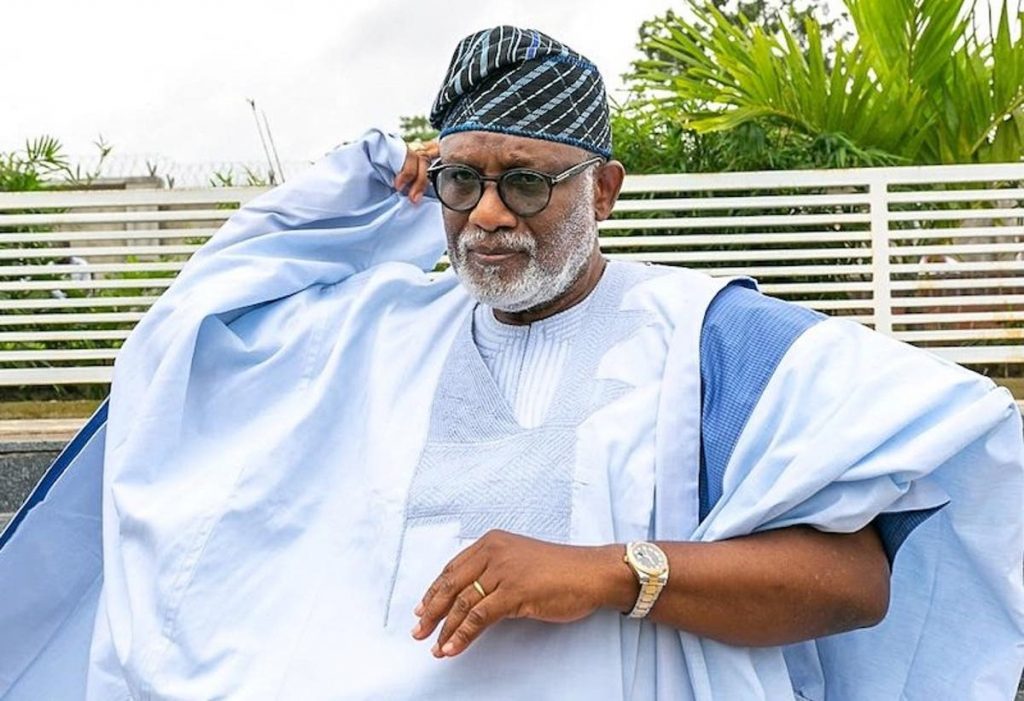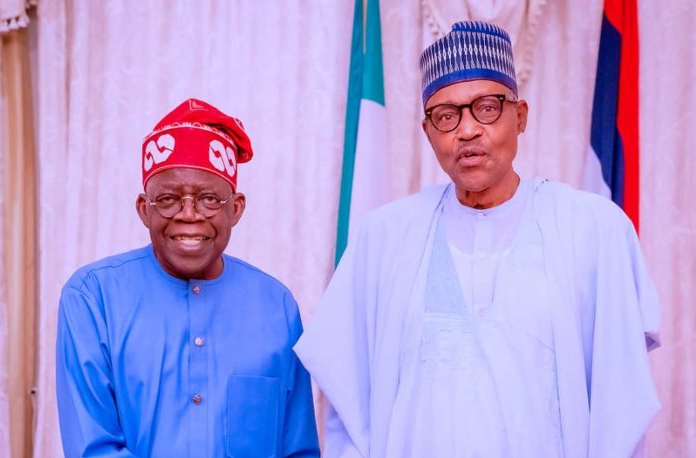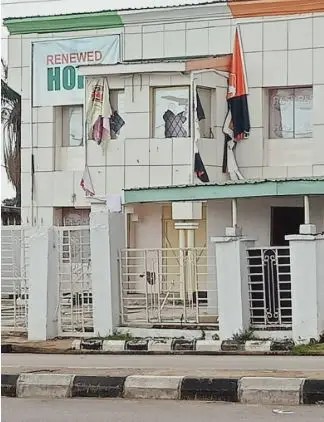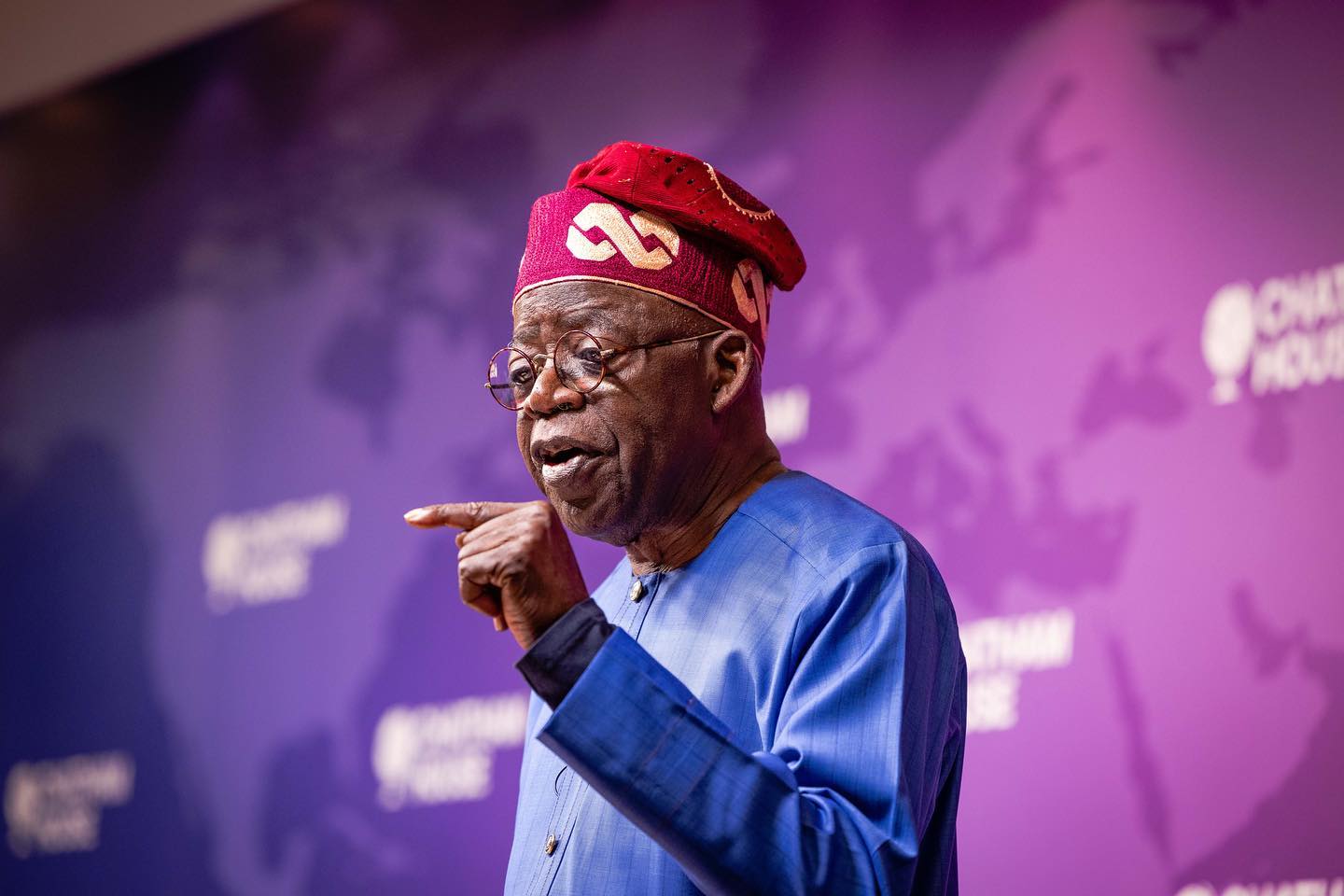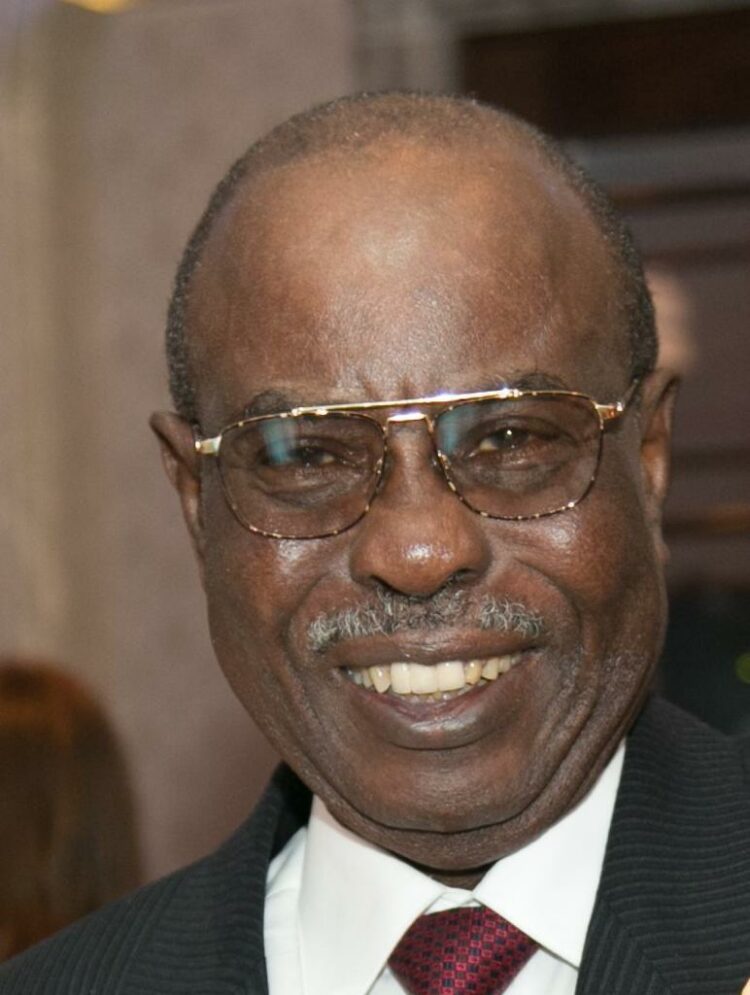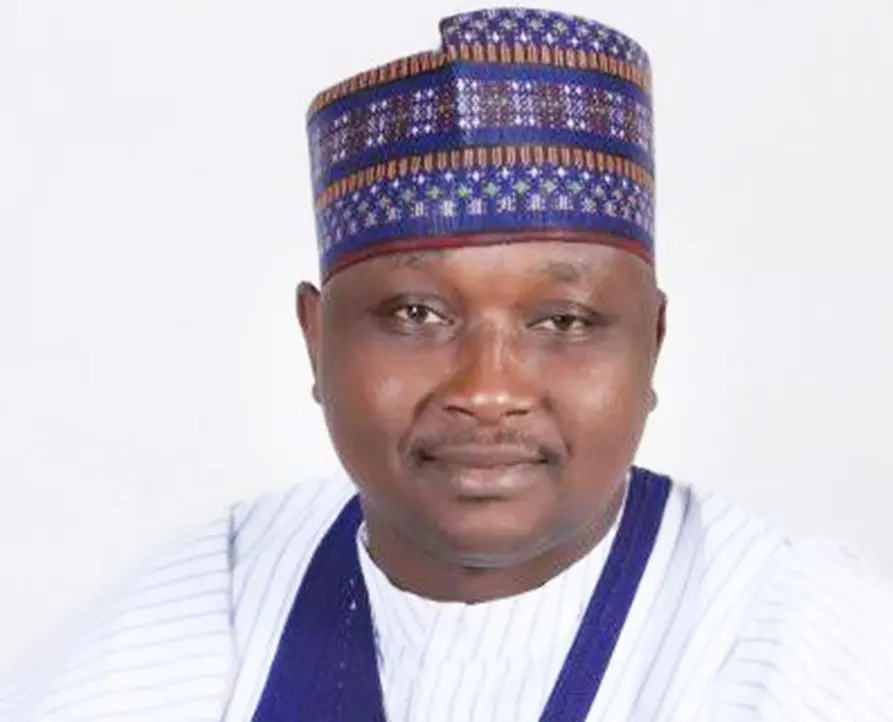The statement also stated that the exercise was approved by President Muhammadu Buhari who’s currently in London on a ‘private visit’, adding that it was in response to the general public perception that the presidency has an oversized and bloated workforce which “acts as a drag on efficiency”. To further strengthen the decision it has taken, the presidency insisted that the overriding objective of the exercise was to save taxpayers’ money and deliver needed service to the public. You see, any argument that is anchored on saving cost seems to get a measure of public support, it has been reported that more than half of of these aides are funded by international donor agencies.
Few days before the statement rationalising the action, amid reports in the media, the presidency had flatly denied that nothing of such took place, indeed, that there was no cold war in the Aso Villa . Even the vice president’s media aide, Mr. Laolu Akande, played into their hands when he dismissed the report of the sack as ‘fake news’. As the spokesman for Afenifere, Yinka Odumaki said, what’s the point defending a vice president who has refused to admit what he is up against, that the relation between him and the President has reached an all-time low. I can understand the VP’s dilemma and refusal to publicly admit that he is under siege in the presidency. Once he does that, he’s finished. And his impeachment will be a done deal. The interpretation of Odumakin’s comment is simple: The Vice President should stop deluding himself that all is well with him in the presidency. He should realise that there’s a constant assault on him, that may compel him to take a ‘fork in the road’ option, a point where he has to take a choice of two possibilities: either to continue to bear the humiliation with equanimity – or resign, honourably. As a pastor before he became the vice president, Osinbajo needs no reminding or tutorials that what he’s up against right now can be likened to ‘spiritual warfare’. It’s not a ‘war’ you cannot win with bare hands. Whether he will come out this stronger and better as a pastor in his Church said few days ago, only time will tell.
As I said in this column on September 24, the presidency is a prize with a heavy price. The burden of national unity rests heavily on the President. He shares this responsibility with the vice president with whom he campaigned and won the presidency. But each partner that makes up a presidential ticket is often advised not to be in a haste to say how splendid his experience in the presidency has been until it’s all over. Those who ignore this advice often come to regret it when things begin to go wrong. That’s why Sophocles, one of the three ancient Greek tragedians whose plays have survived till now gave this evergreen advice: “One must wait until the evening to see how splendid the day has been, because there is still some time before the sun goes down”.
But this plain: When the bond of friendship, trust and respect between two men elected on the same ticket begins to get weaker rather than stronger, it doesn’t make it easy for the President to move his agenda for the country. And for the Vice President himself, it dims the electricity that’s supposed to come from his own contribution to that agenda. It’s however safe to say now that there’s a conflict of sort in the camps of both men. That perhaps makes the following questions necessary: Is there a smoking gun against the vice president? Where could Osinbajo have gone wrong after a flying start of a relation with the President that was once described in superlative terms as a partnership of diamond brilliance? How come now that this relation that Nigerians were told by the President himself was as nice as the warmth of Styrofoam, couldn’t cut ice anymore?
It, indeed, troubles the mind how Osinbajo has grown from a substantial figure who the President needed to send on key national matters to calm frayed nerves, and now, he is seen as a man who is held in strong suspicion. Looking at some of the allegations against Osinbajo as reported by the media, one thing that readily comes to my mind is what Thomas Marshall of the United States said in 1920 when he was vice president. Difficult situations he faced made him to compare the vice president to a cataleptic. To use his own words, “the vice president cannot speak, he cannot move, he suffers pain, yet he is perfectly conscious of everything that is going on about him”. If it’s easy to read a man’s mind, one can then say that vice president Osinbajo is deeply worried about what is happening to him, even though he would not admit it openly. Two months ago, he said it was the handiwork of “fifth columnists”. In his heart, he knows his position is becoming a frustrating one. This may just be the beginning of worse things come. Who knows.
As vice president, Alhaji Atiku Abubakar went through worse situation during the second term of President Olusegun Obasanjo (2003-2007). But let’s look at some of the allegations against Osinbajo as had been reported by the media . According to the newspapers , the plot to remove the vice president has gathered momentum. The plot, the papers claimed, dates back to when Osinbajo was Acting President in May 2017. That was when President Buhari was on medical vacation in the United Kingdom. Section 145 of the 1999 Constitution (as amended) gives the vice president the powers to function as Acting President during temporary absence of the President. Osinbajo no longer enjoys that privilege anymore. Reason, not clear.
Read Also: Anambra Workers To Get Salaries, Benefits by Dec. 15
One of the allegations is that, as Acting President, (Osinbajo) “authorized payment of N5.9bn for the National Emergency Management Agency(NEMA) without approval from the National Assembly. His traducers also claim that though he is Chairman of the governing board of NEMA, he ought to get the approval of NASS before any money could be withdrawn from the Consolidated Revenue Fund. The vice president allegedly did not go through that laid down channel.
The vice president was also reported to have signed N25bn for the Nigerian National Petroleum Corporation (NNPC) as ‘funding contract’ when he had no such powers to do so . Another allegation was the reported disbursement of funds by the Federal Government-backed Social Investment Programme (SIP) which then was domiciled in his office. His accusers said he did not manage that pool of fund in a transparent manner. But the vice president said he has always complied with the law. Other reports tended to link the vice president to the sack of former boss of the Department of State Services (DSS) Lawal Daura in 2017, by Osinbajo as Acting President. Gleaning from Atiku’s feud with Obasanjo which began early in the 2004, it started with disagreement over policy direction, anchored on allegation of ‘corruption’ against the former vice president. I still recollect that, as Editor of Sunday Champion then, I wrote in my column of June 6, 2004, that this feud would certainly deepen. And it did.
Few weeks on, many of Atiku’s aides, including his Aide -de –Camp (ADC) media consultant and veteran journalist, Garba Shehu (now SSA to the President on Media & Publicity) were sacked by fiat by President Obasanjo. One of Atiku’s companies, Integrated Logistics (INTELS) was suspended from operations at the nation’s ports. The company was accused of pushing other competitors out of business. It was all lies. It was all about searching for a smoking gun against Atiku. The difference between Atiku and Osinbajo is huge. Atiku was more popular than his boss. He has influence and warchest. Atiku has a deft political instinct. These attributes have kept him surviving all plots against him . But Osinbajo has none of that . He is more of a manager who may not control the career bureaucrats and politicians in the revolving doors of power in Aso Rock.
THISDAY

